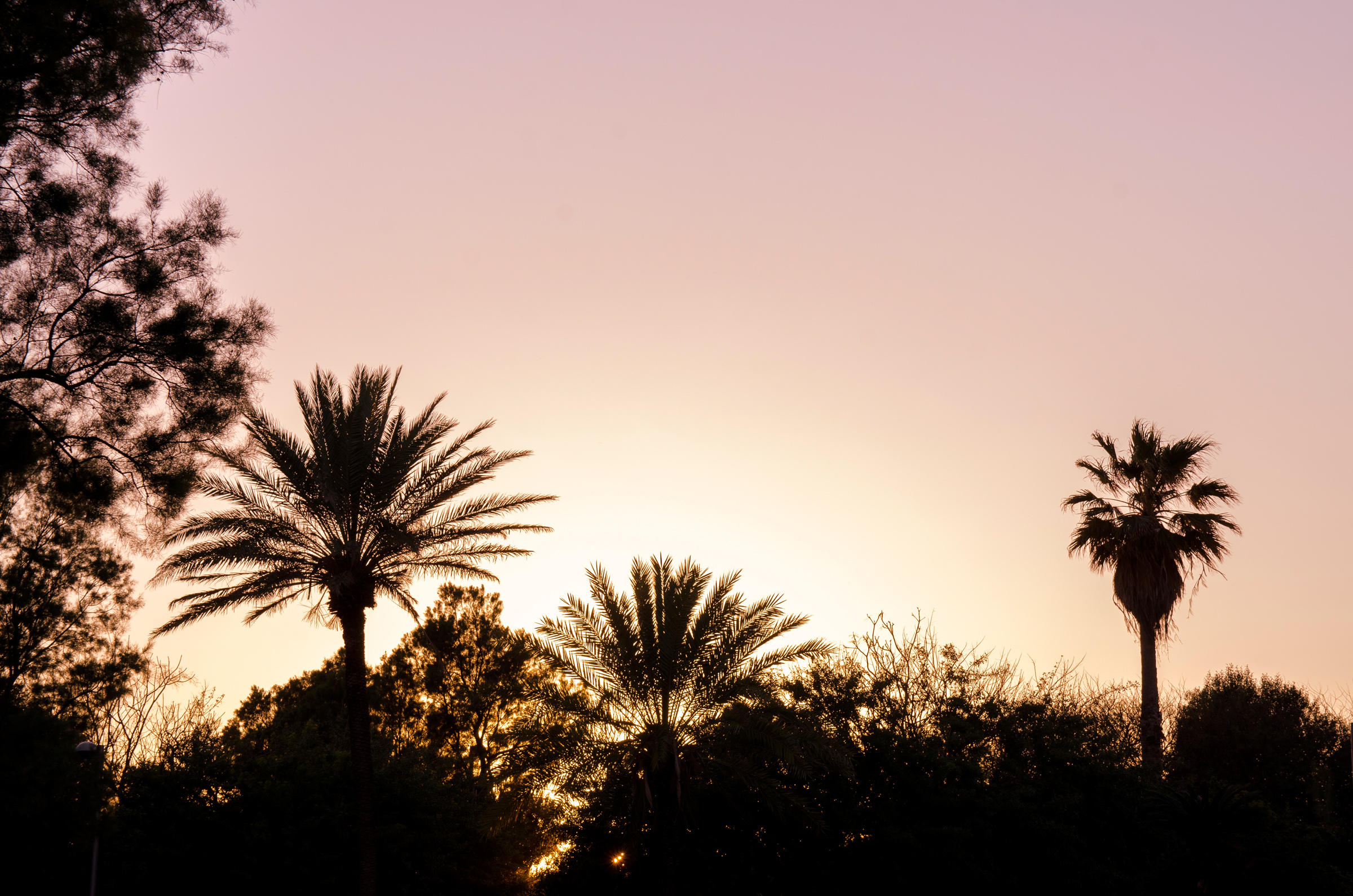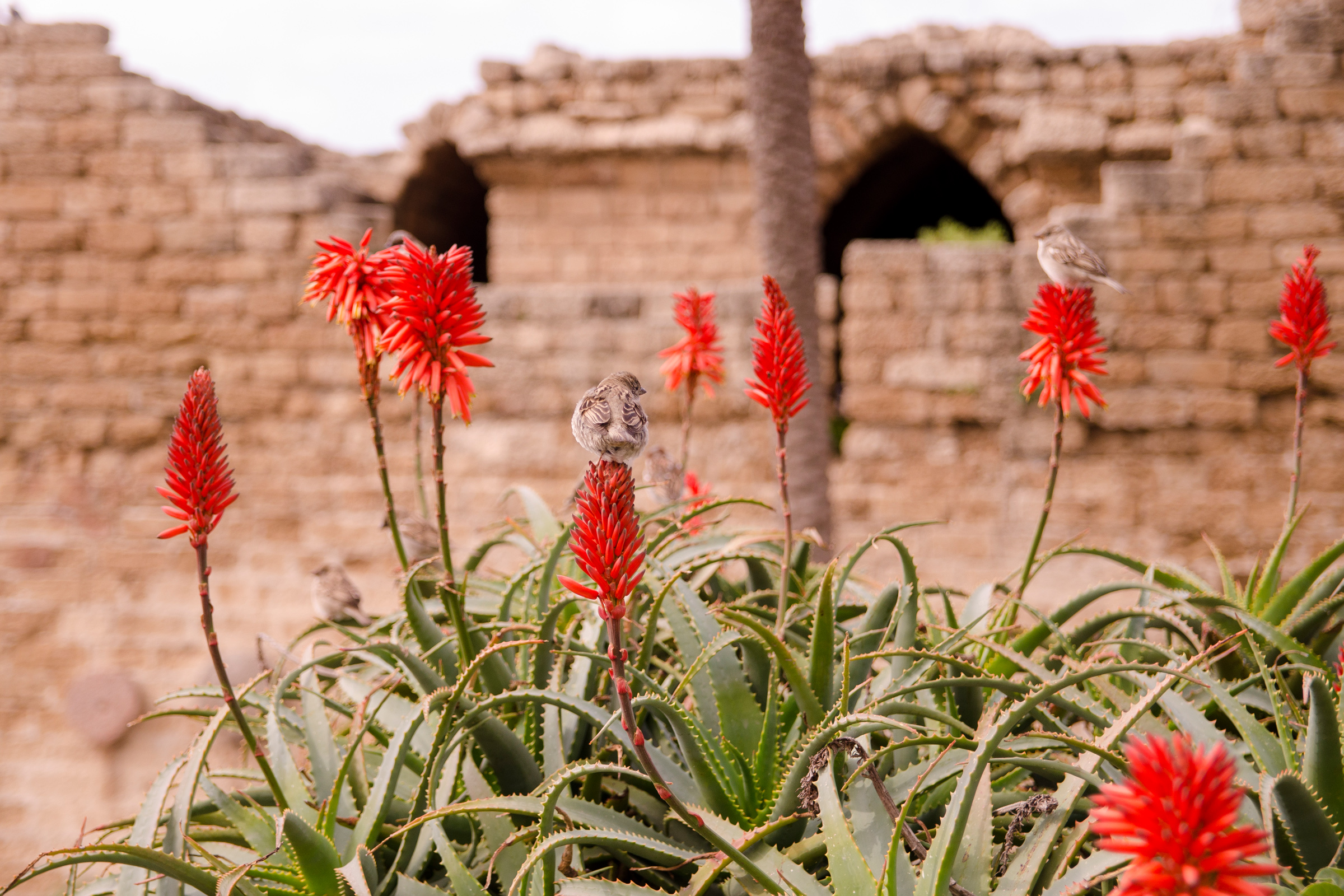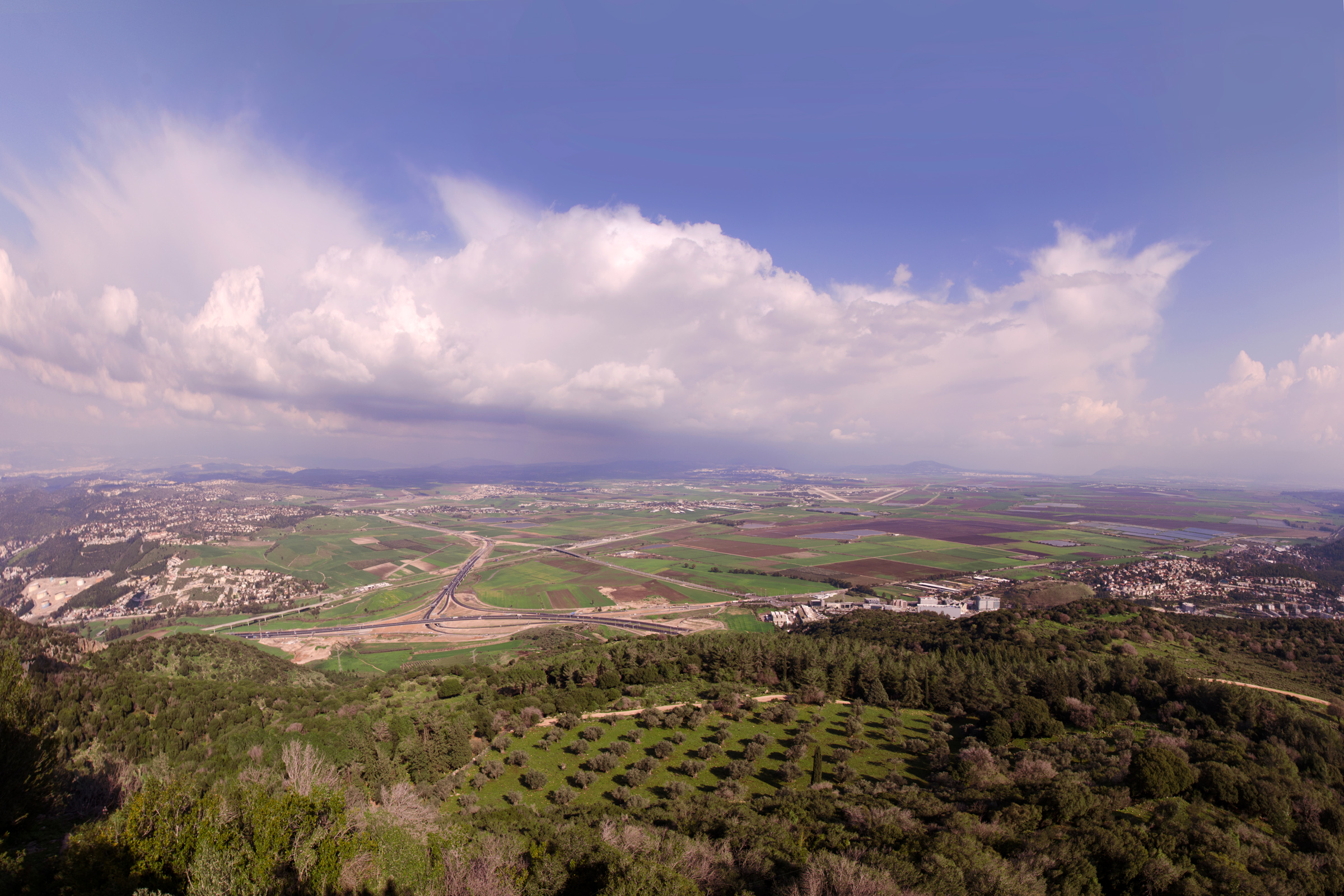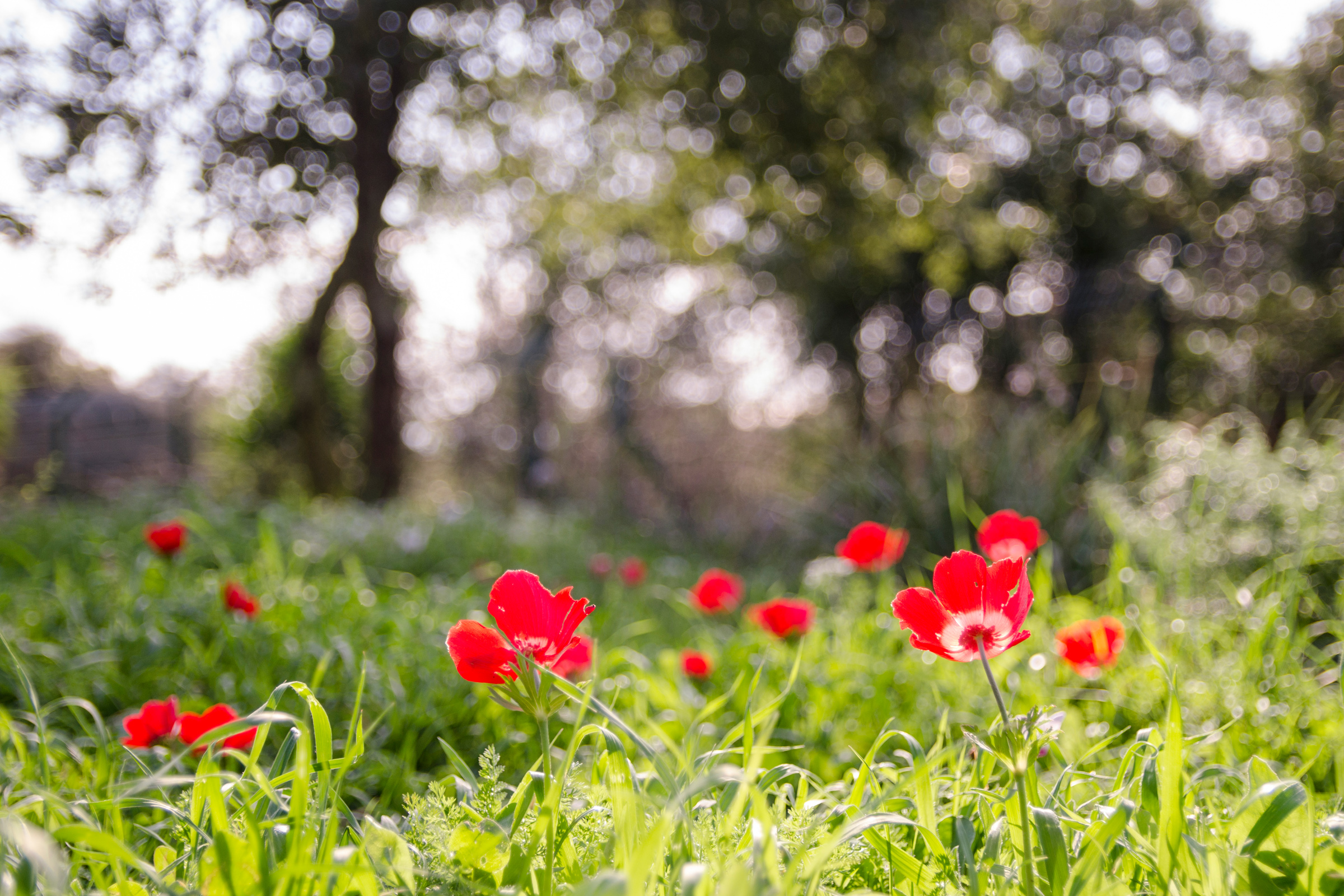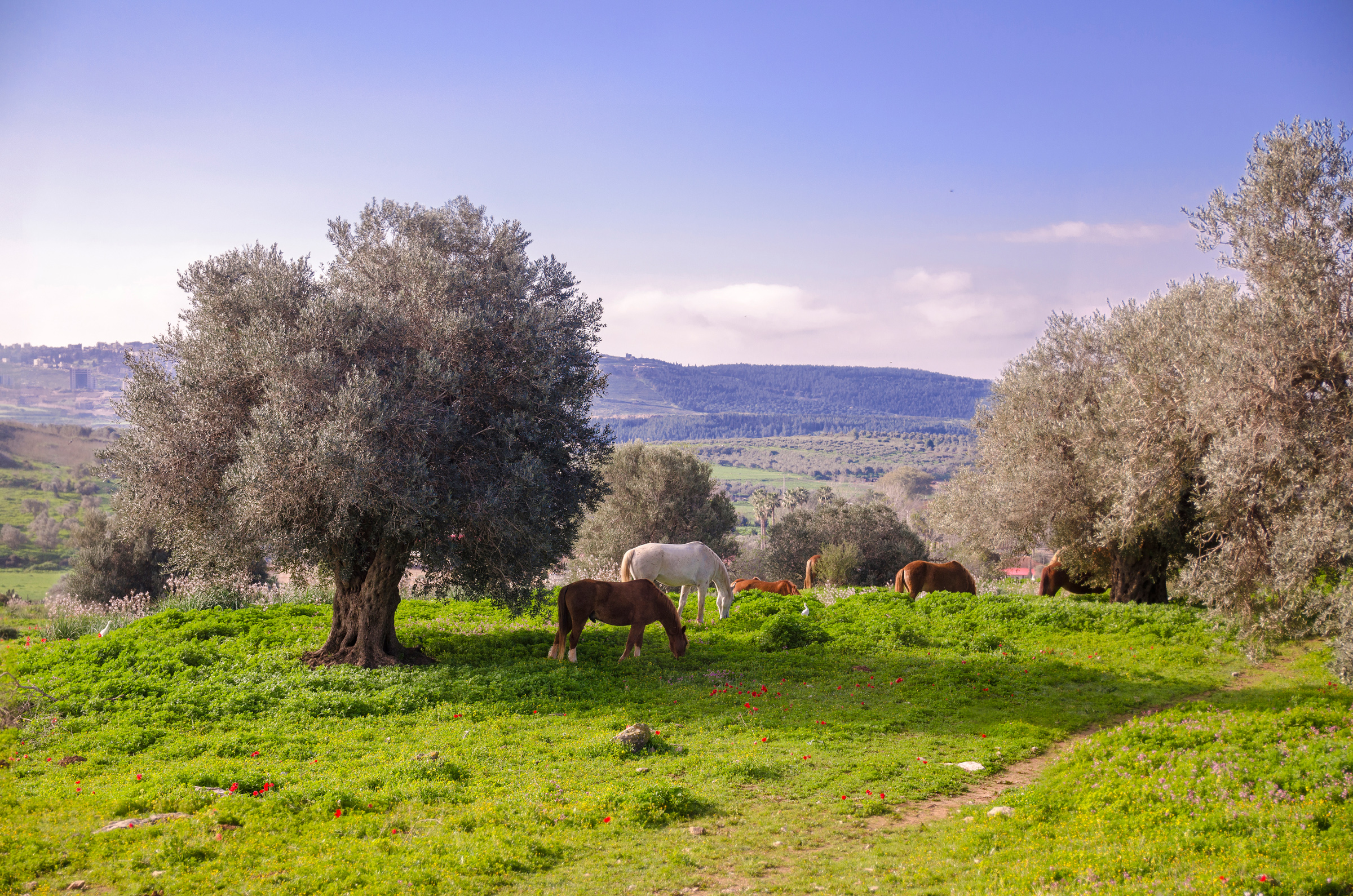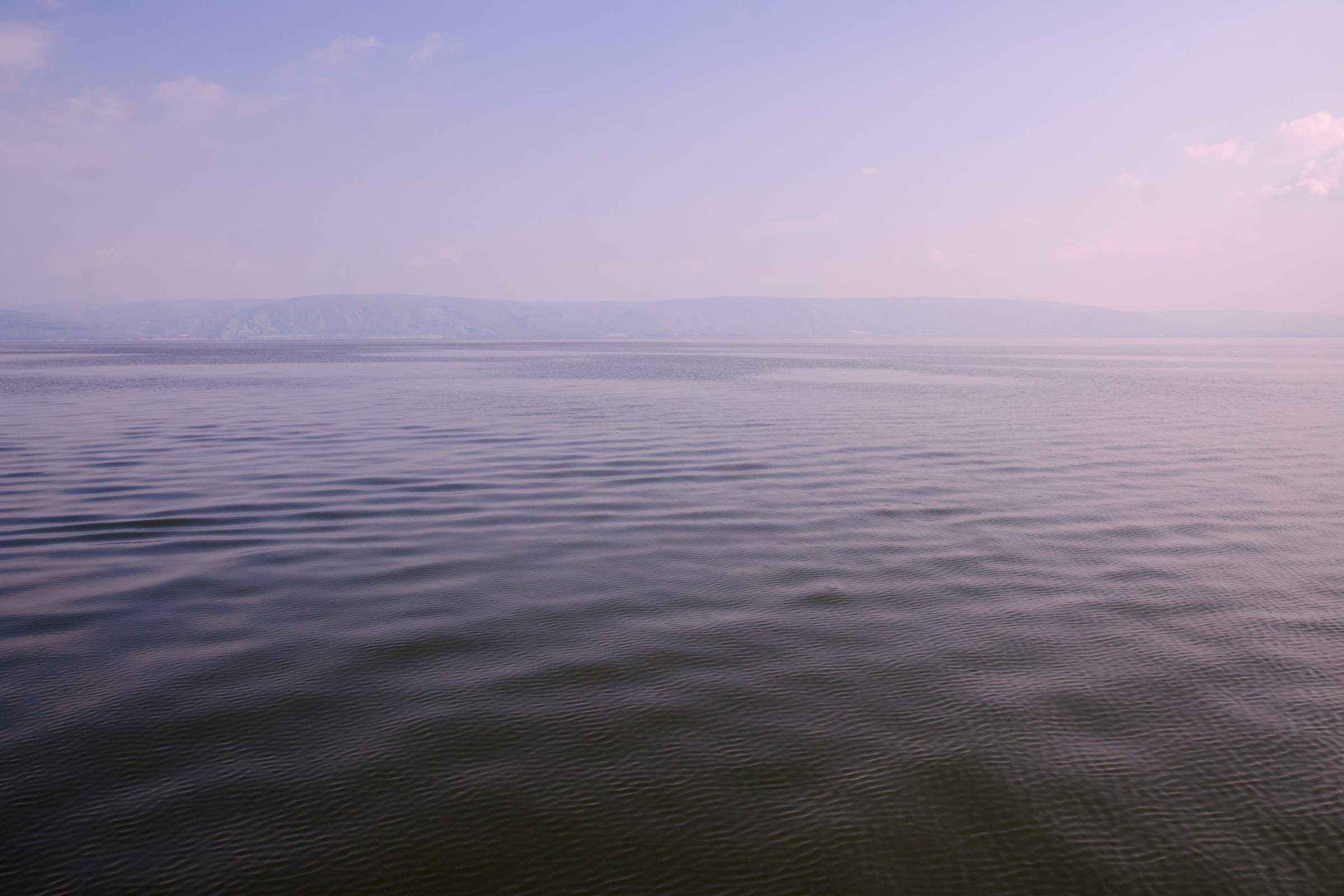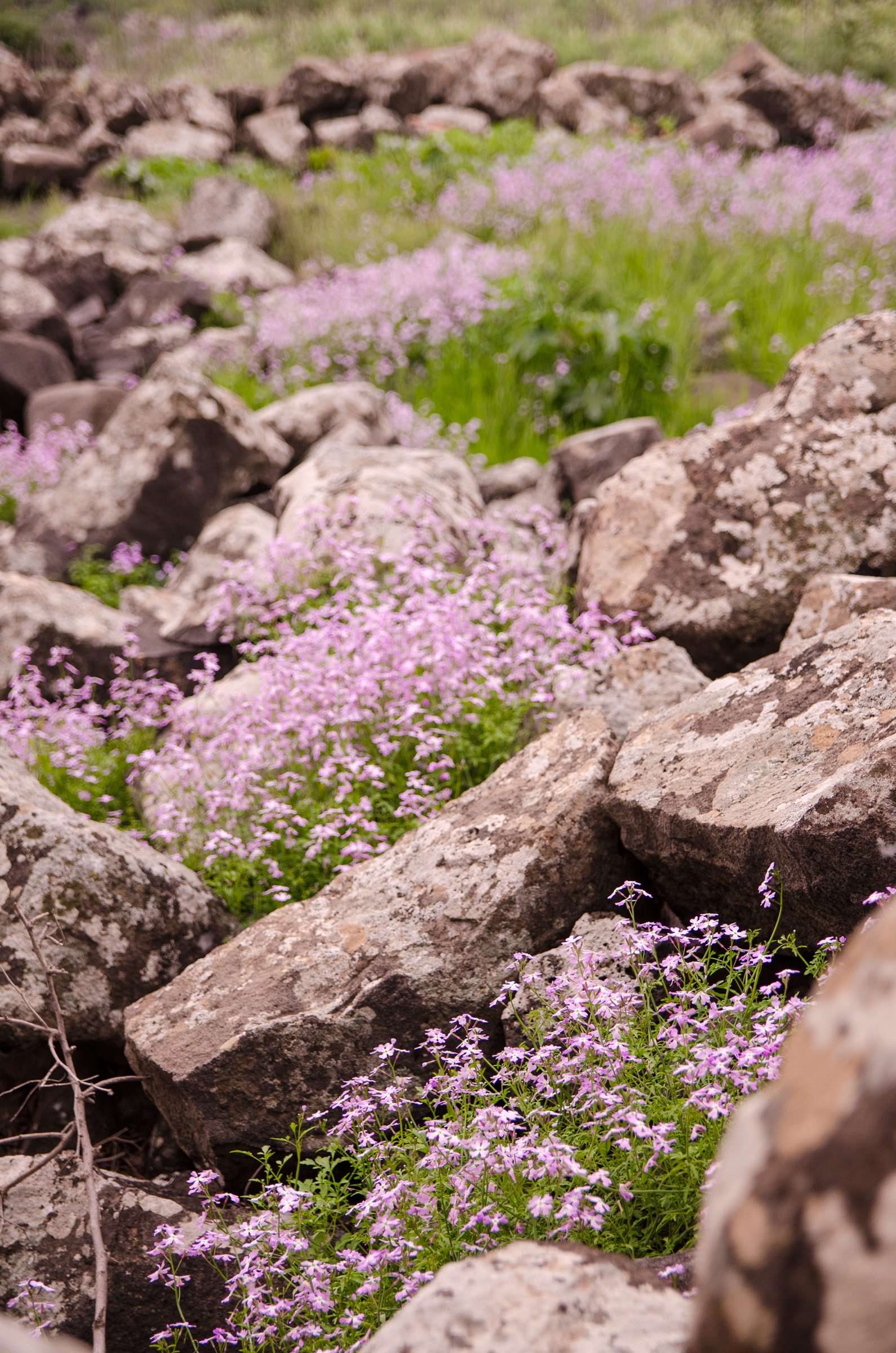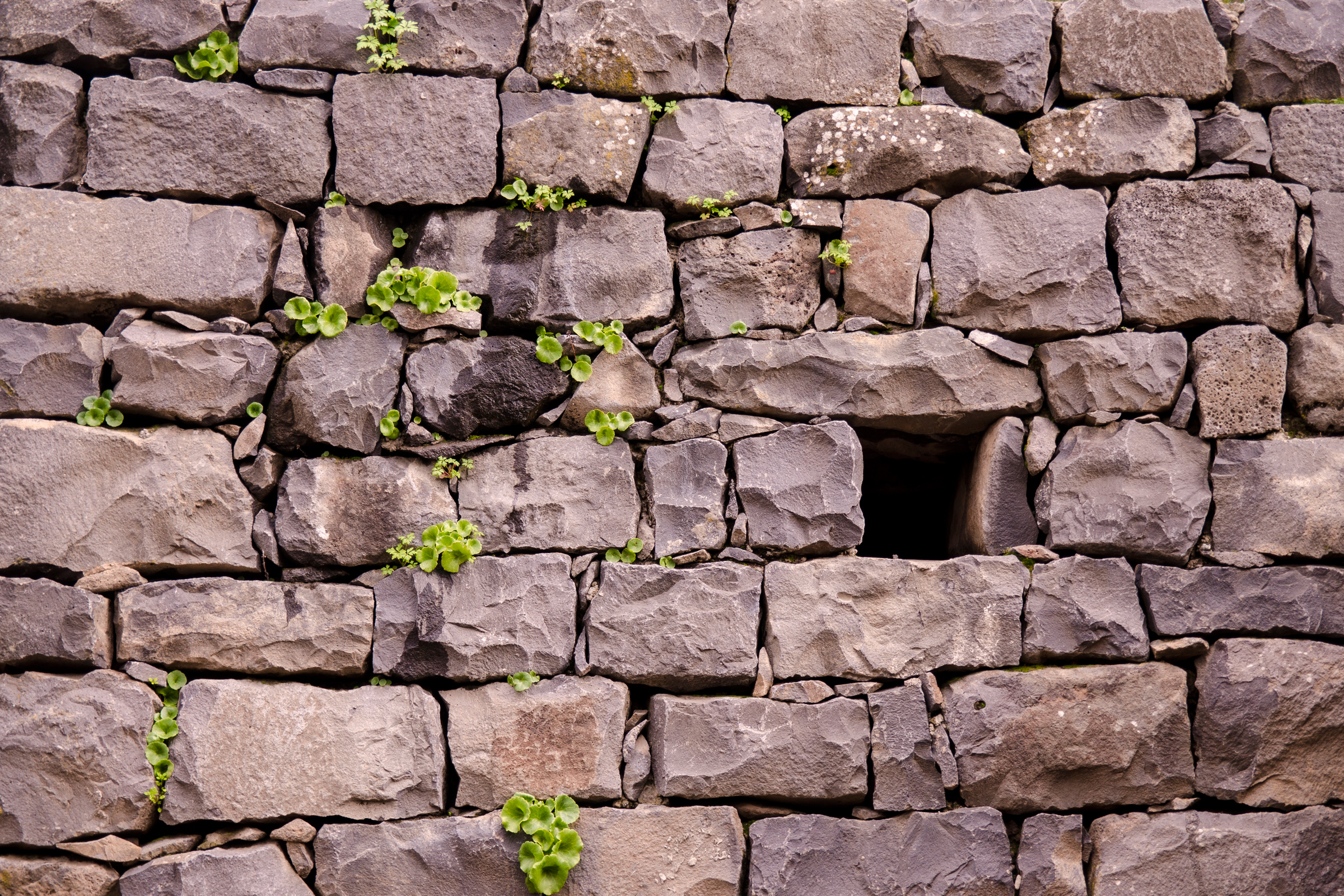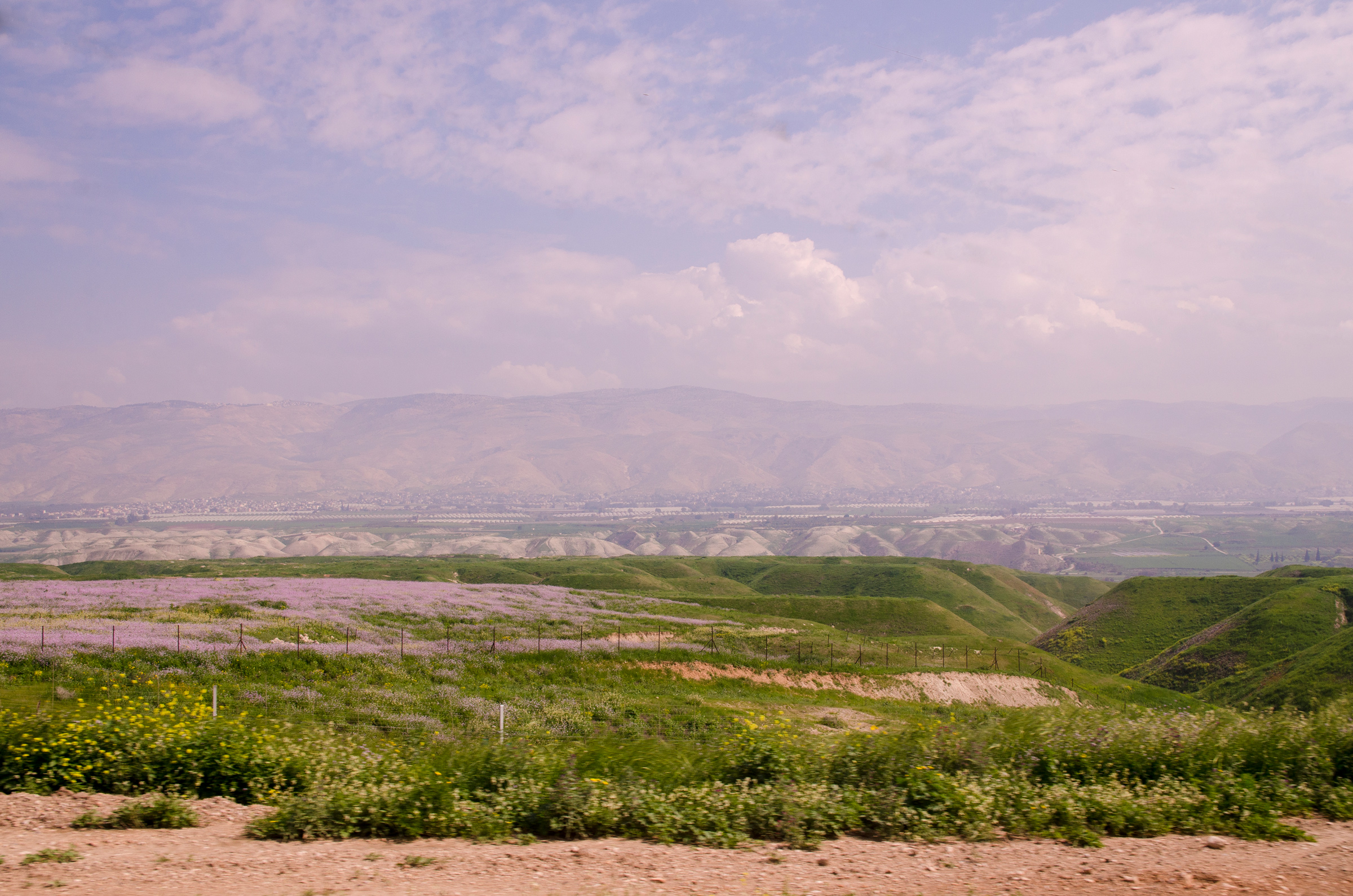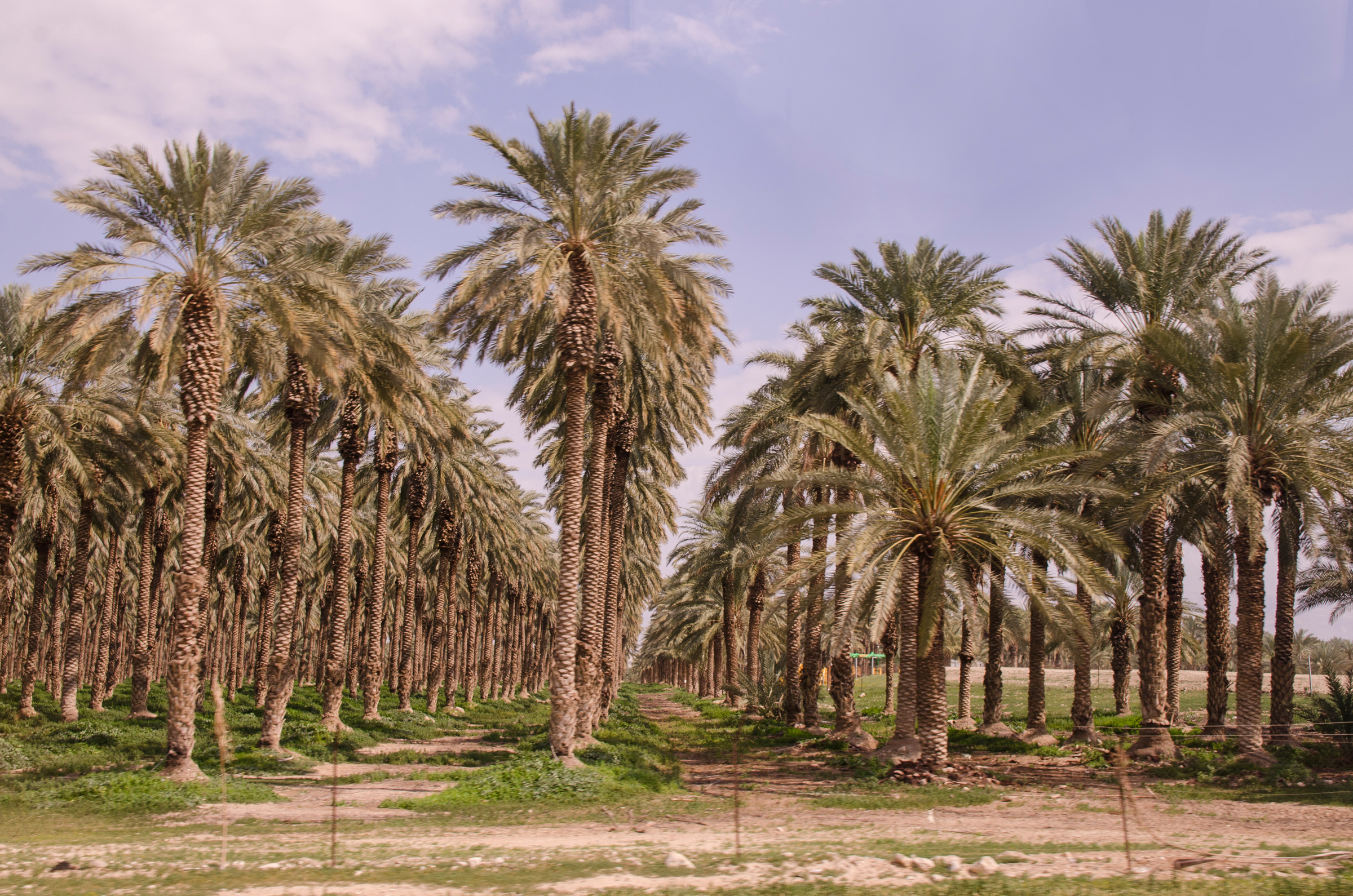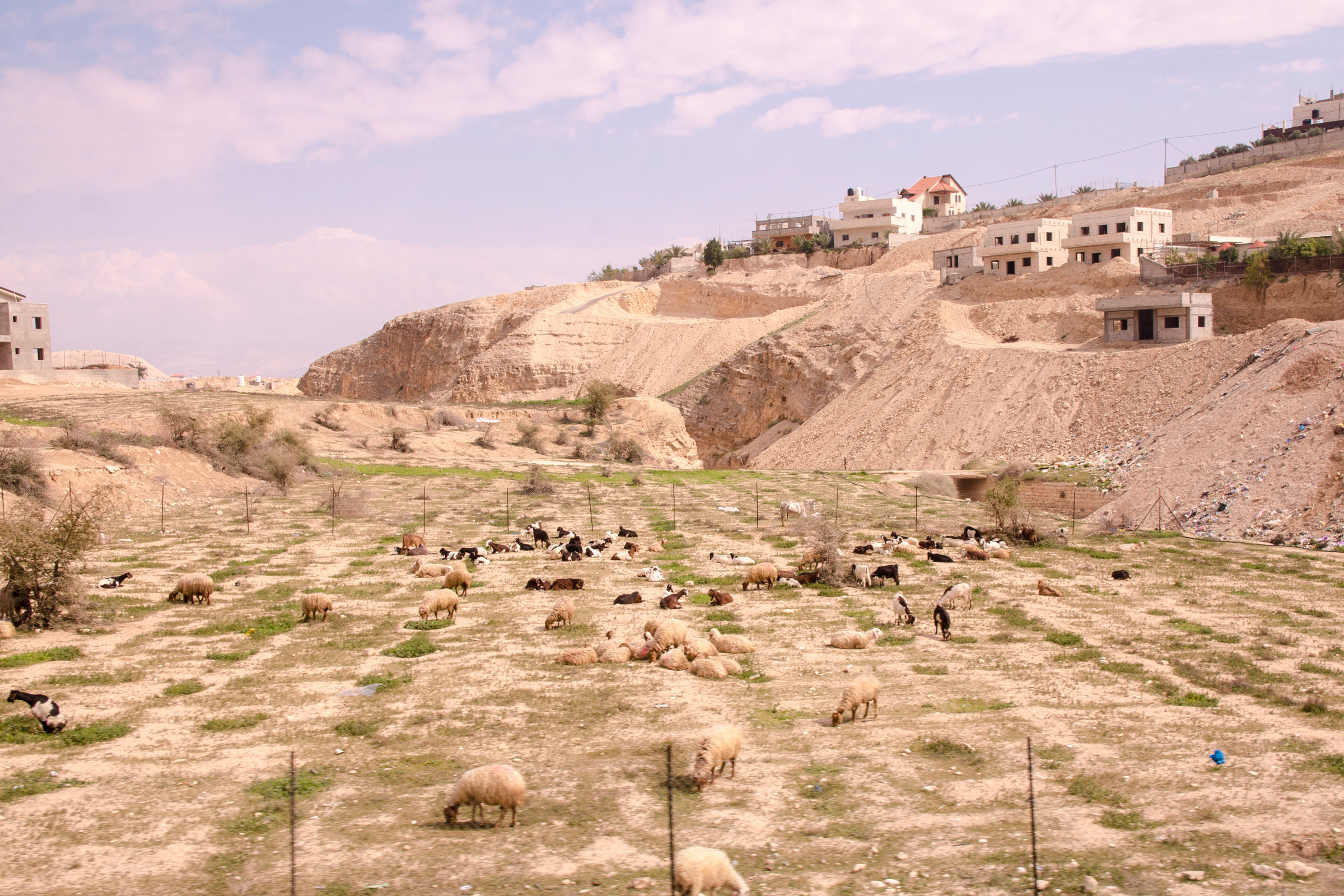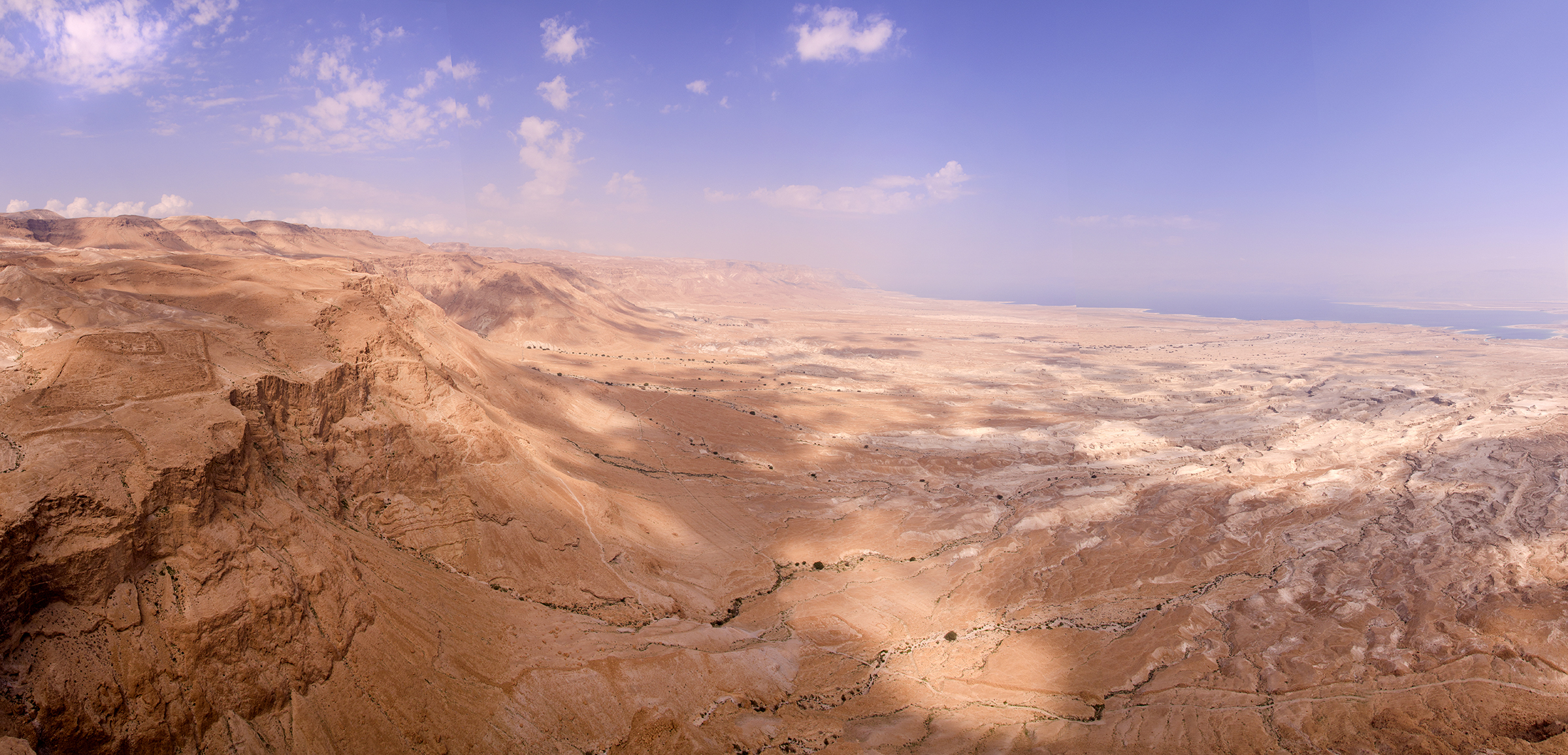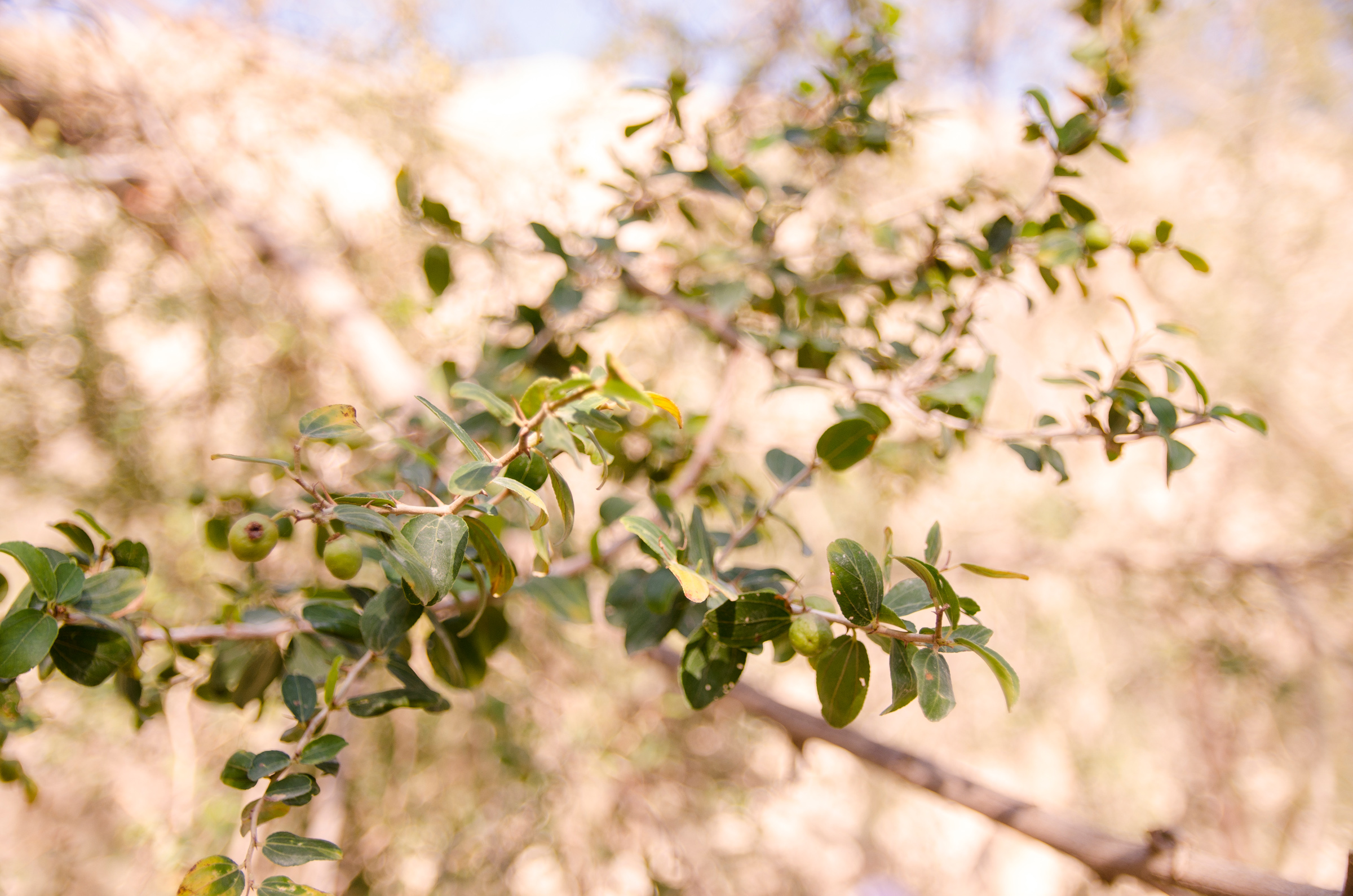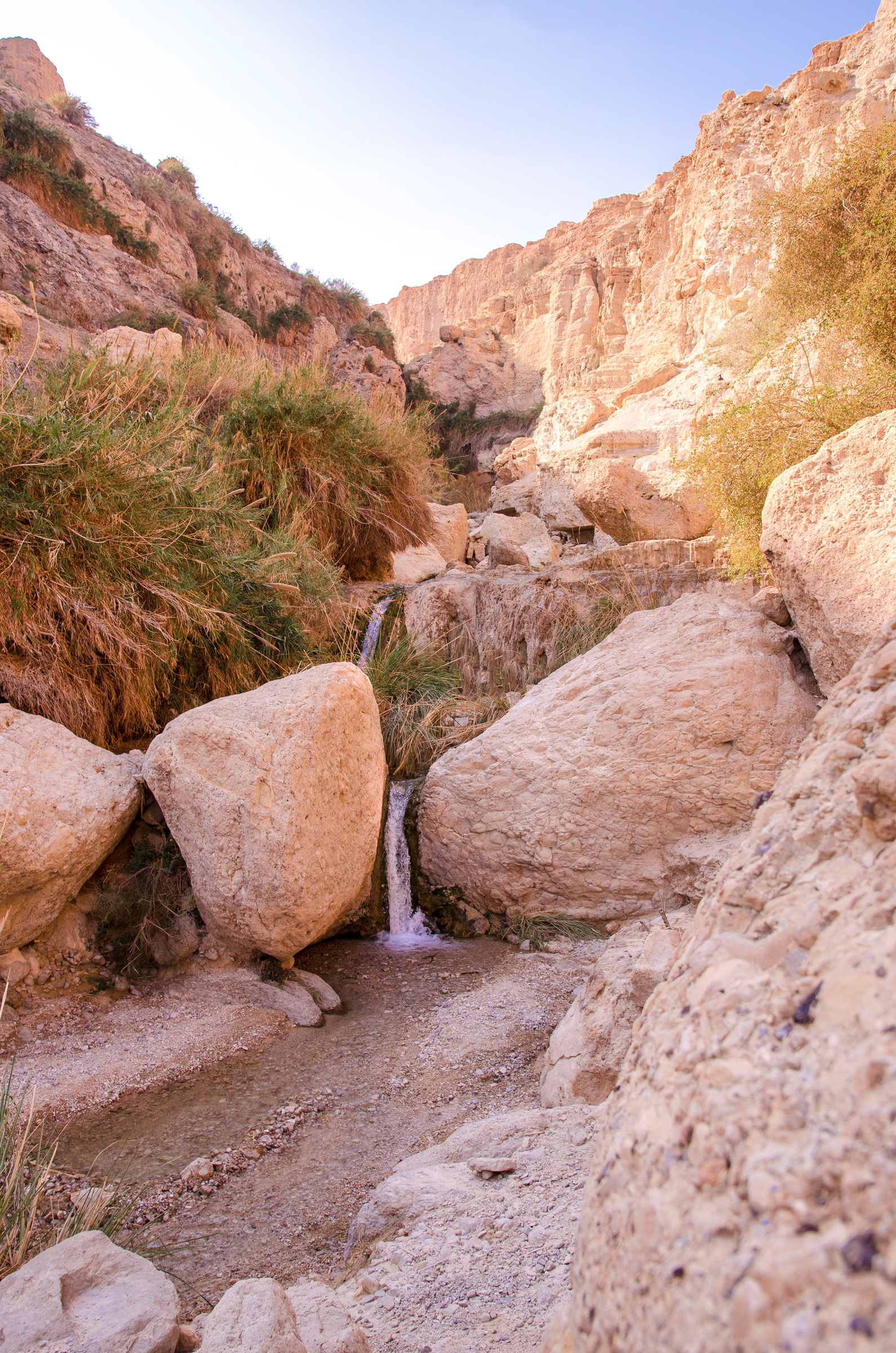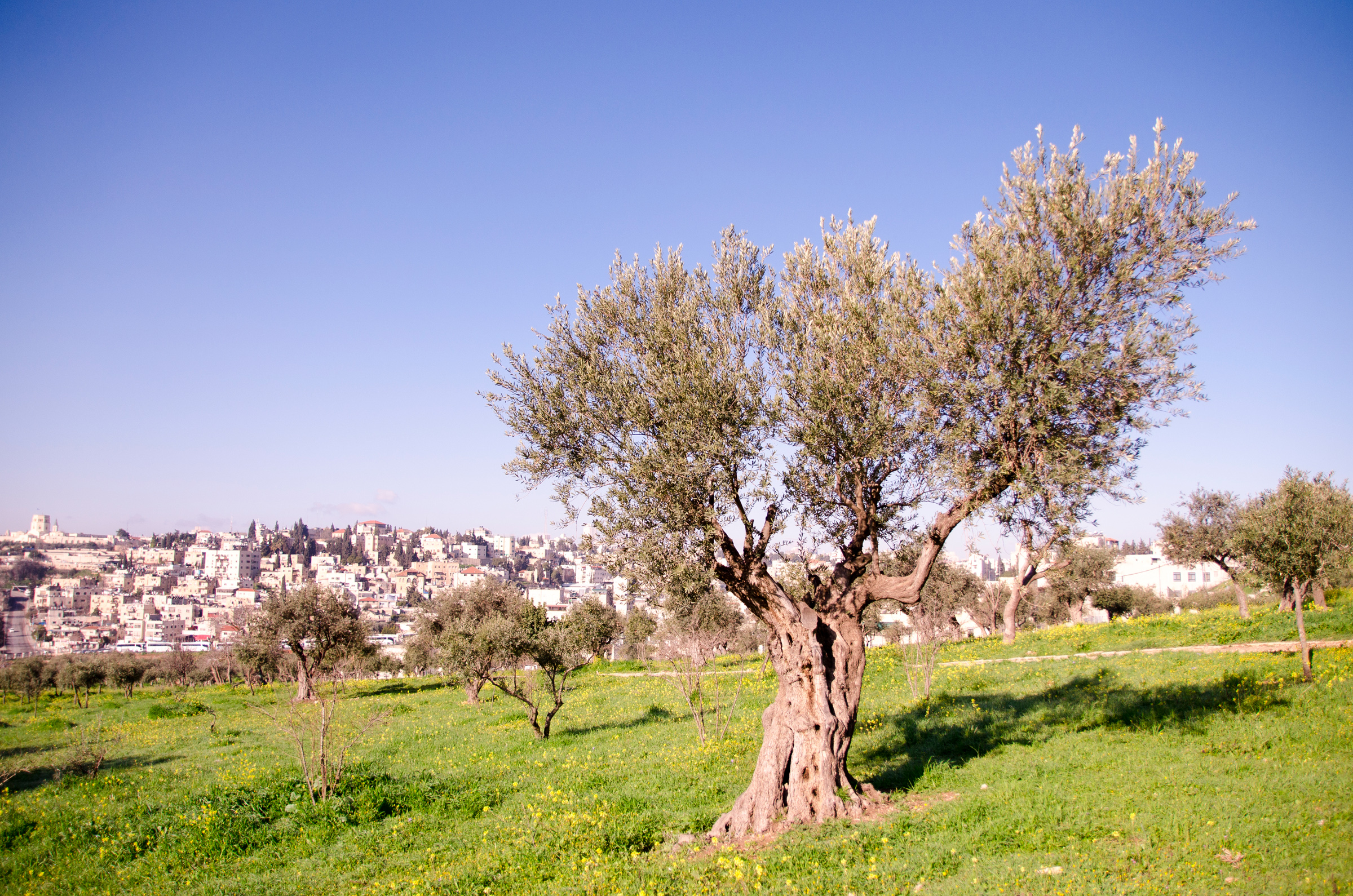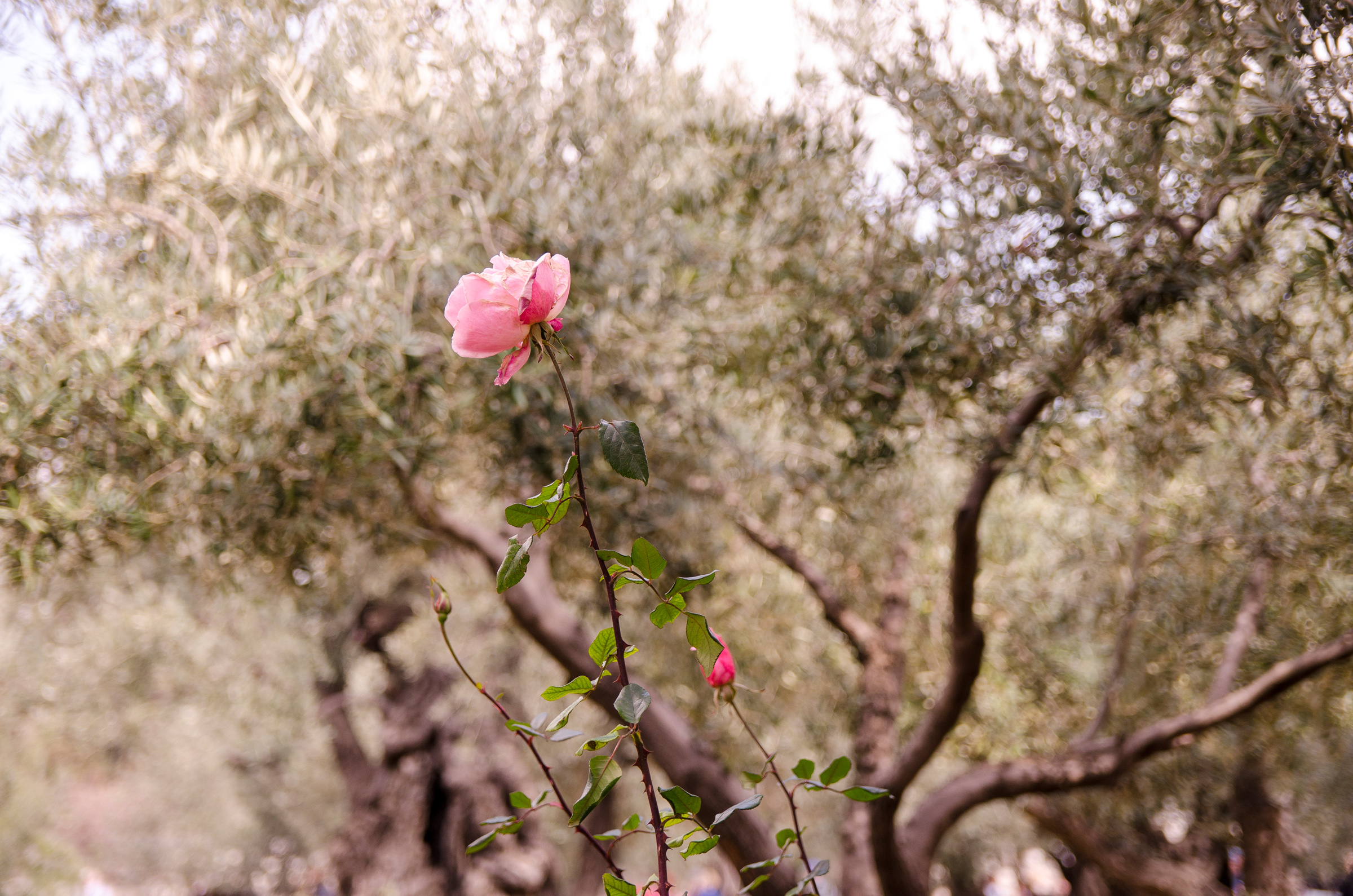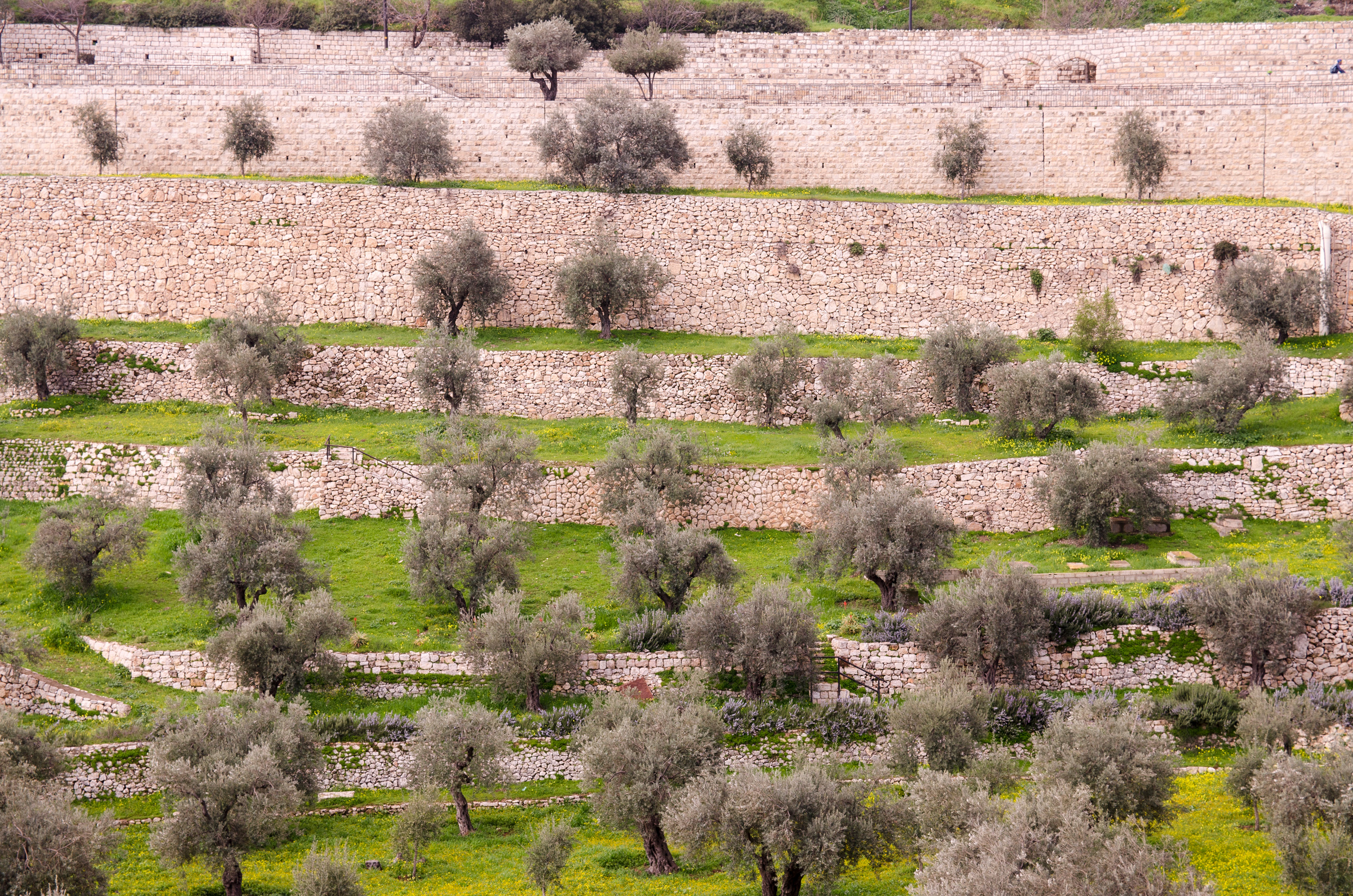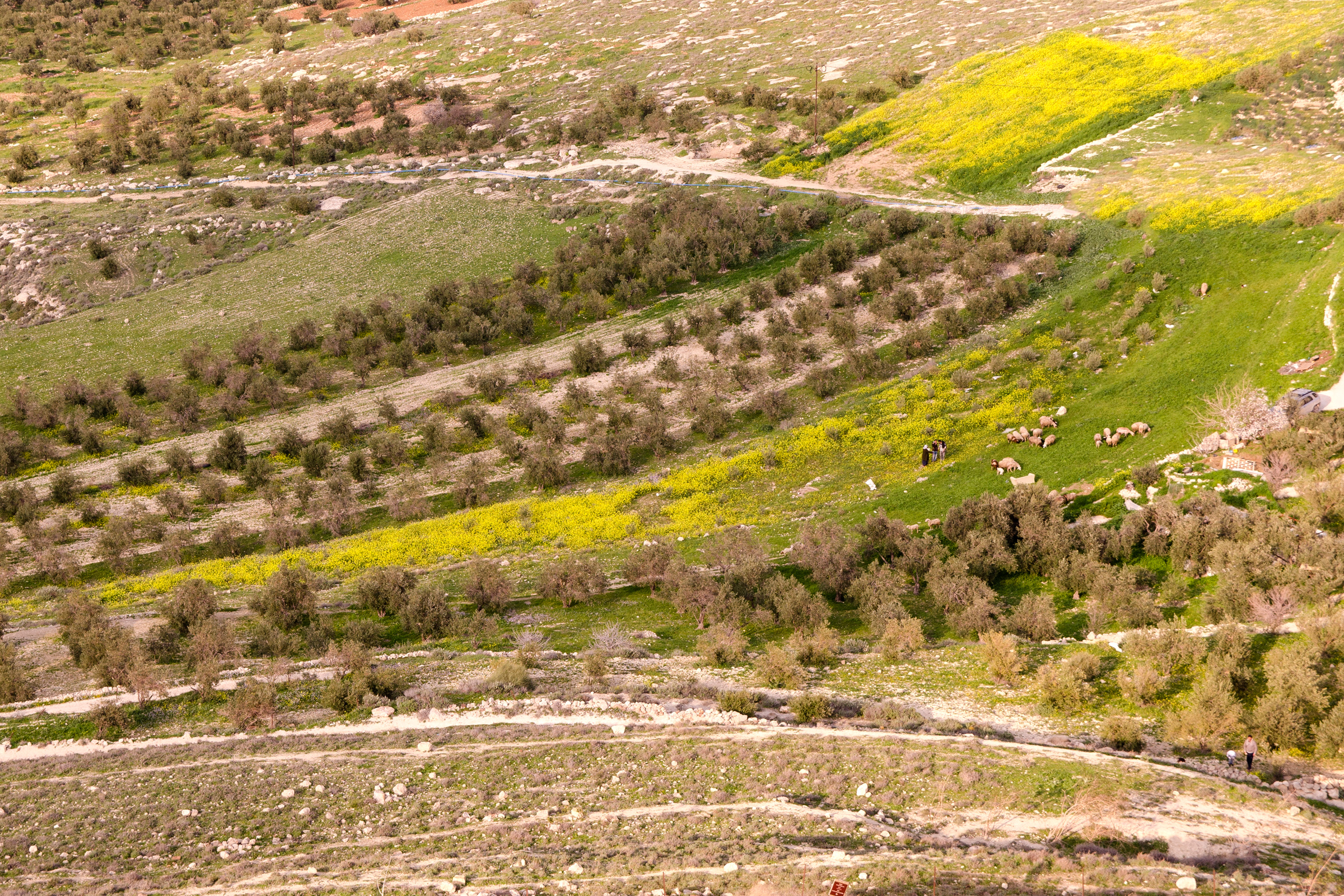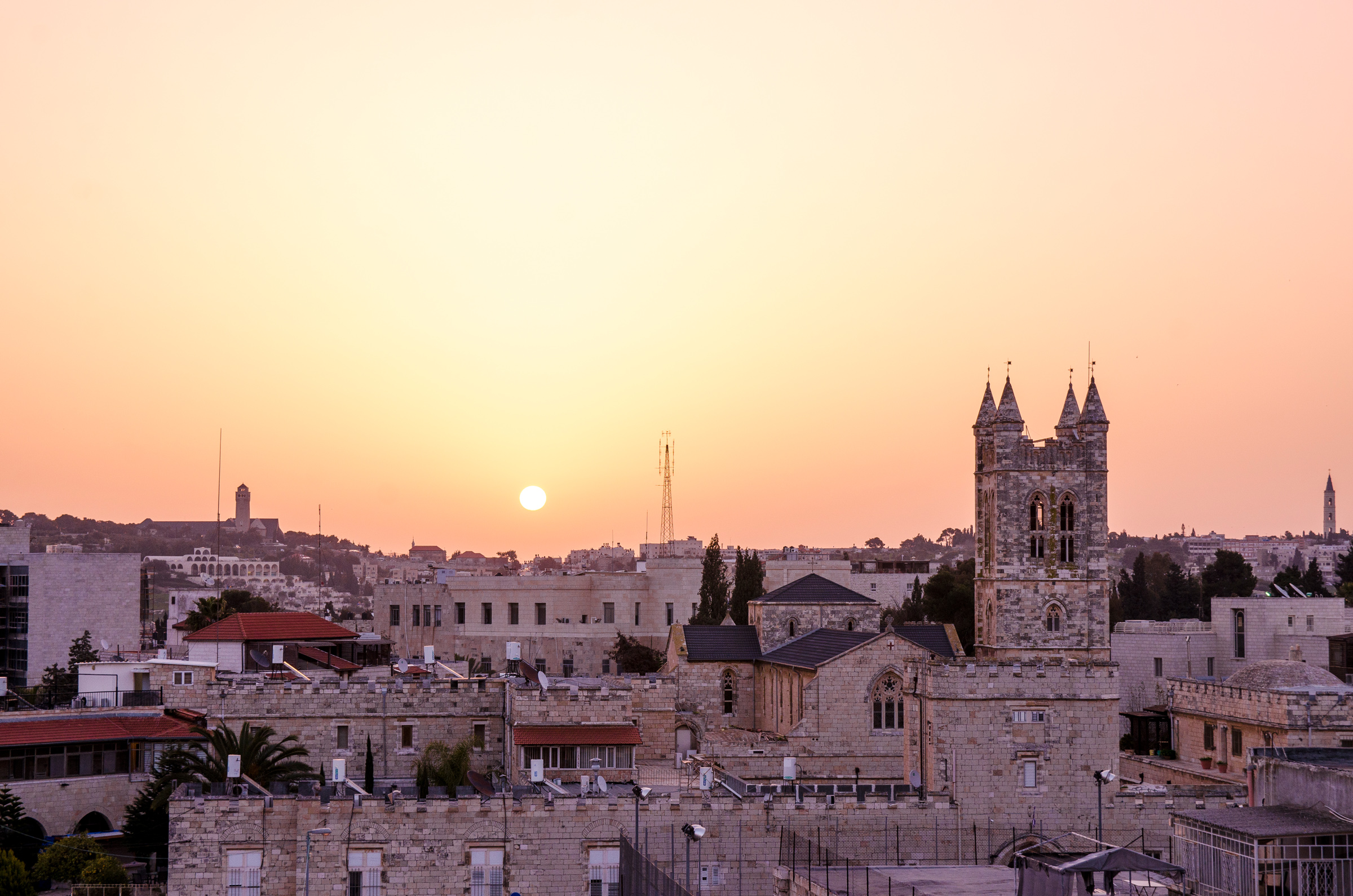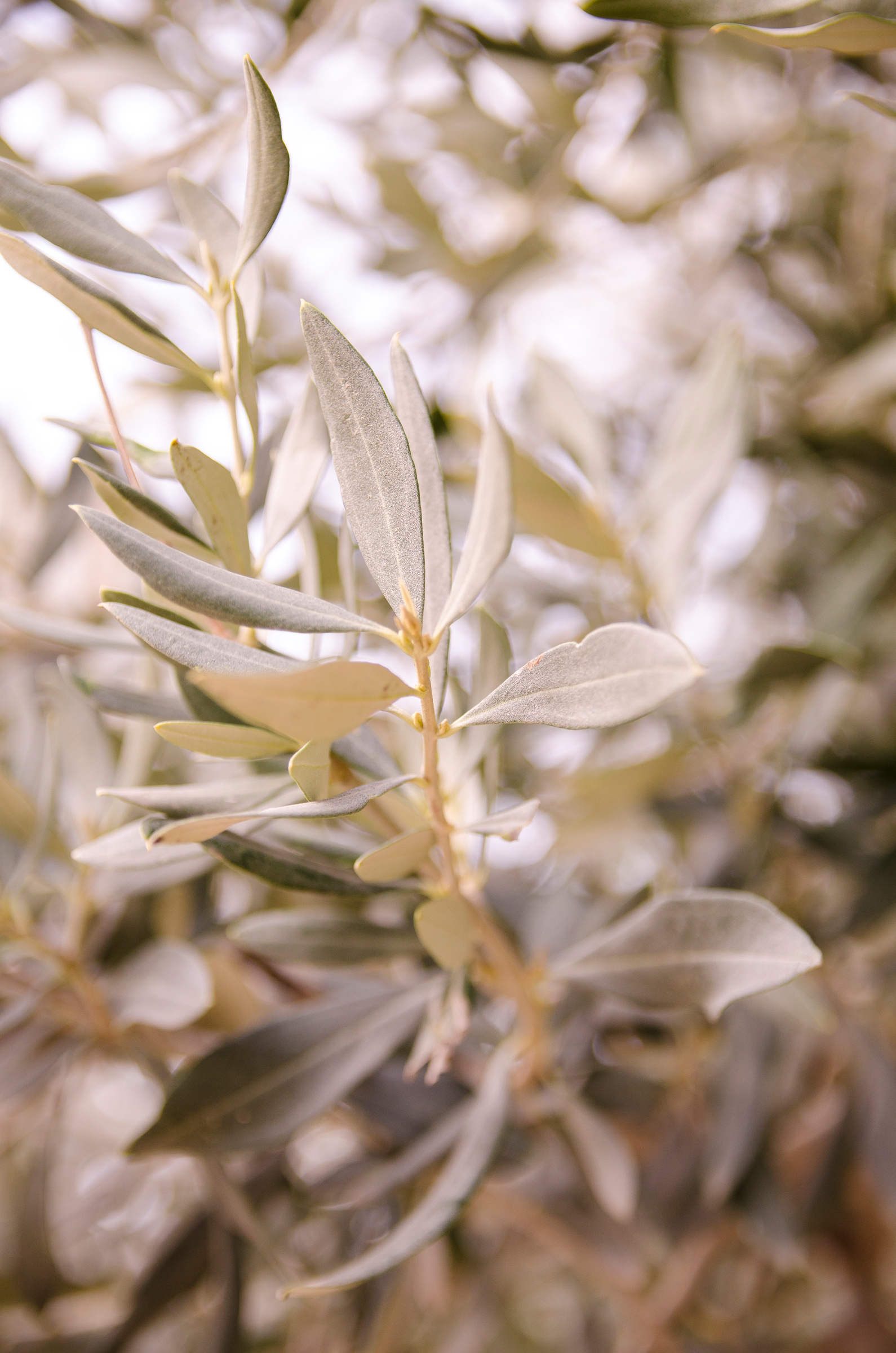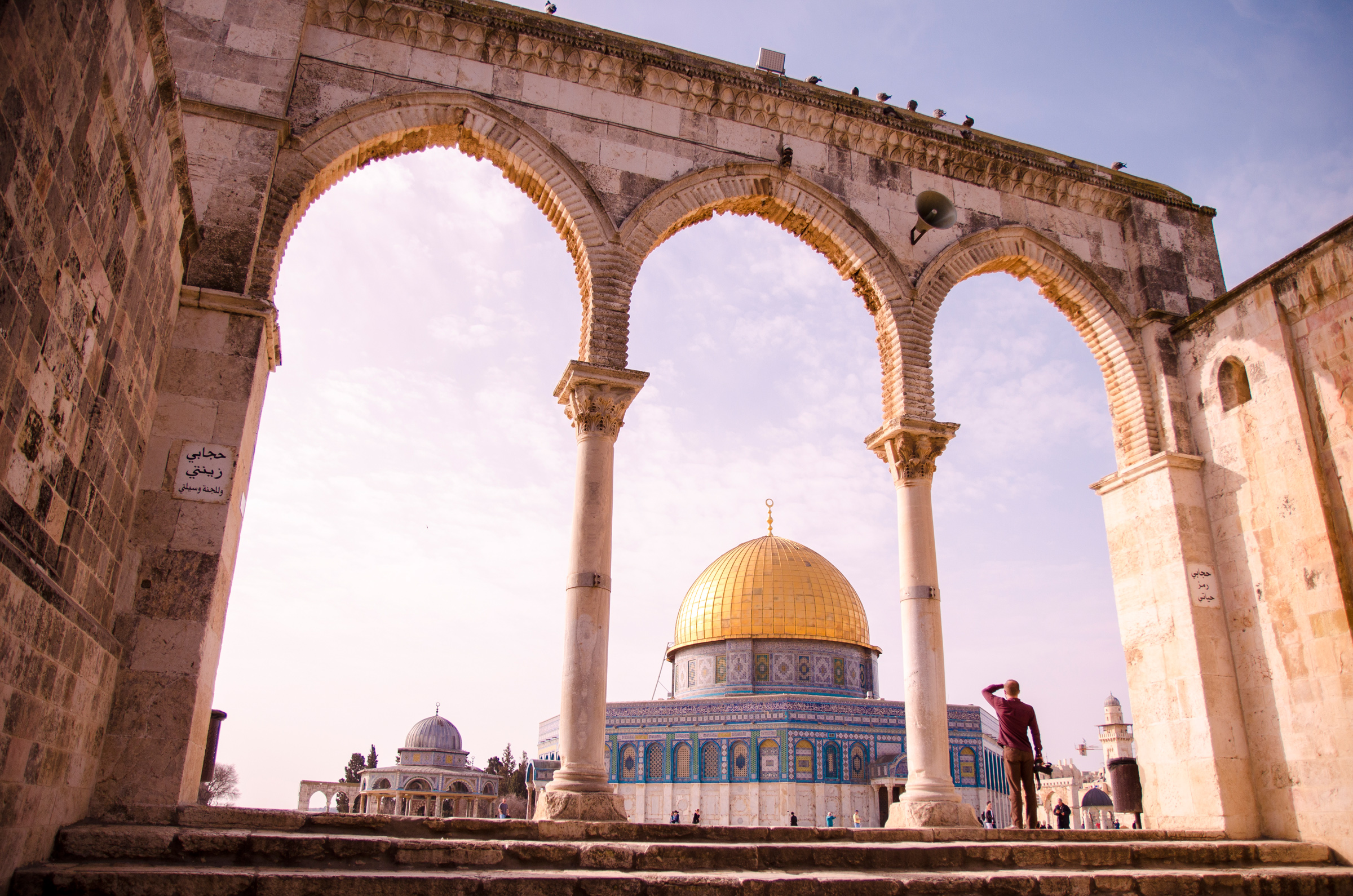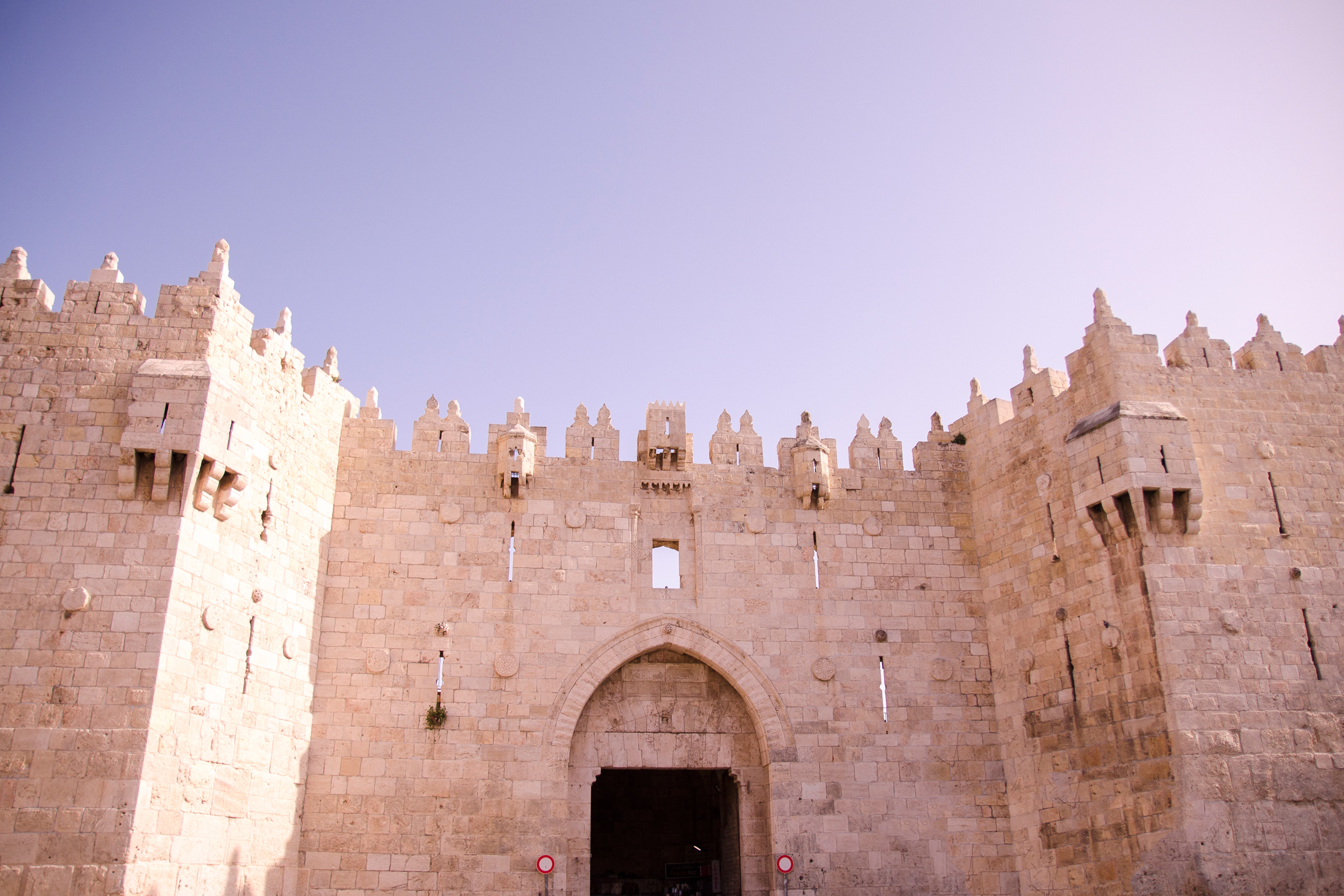scenes from the holy land
/Three days ago, I got back from a once-in-a-lifetime trip that I’ve been lucky enough to do twice.
This was my second time in Israel. The first time, I traveled there as part of my studies at Great Commission Bible Institute, and I fell in love. For reasons I don’t know how to explain, the Holy Land of Israel felt like home to me as soon as I got off the plane - familiar, somehow - and I started planning my return visit before I had even flown back to the United States.
I knew I’d be back one day.
I have a lot of ideas turning over in my head, responses to walking where Jesus walked for a second time. Hopefully some of them will reach a writable form soon, but for now I just want to marinate in the beauty of God’s promised land and the love He has for His chosen people. I don’t know how anyone could go to Israel without being overwhelmed by His faithfulness to a stiff-necked people, and enveloped in the reminder that if His love will never let them go, then it won’t let me go, either.
The first time I visited Israel, I was smitten by Jerusalem. It’s a loud and chaotic city with streets that are too narrow and stray cats hiding in every corner and near-constant interruptions in the form of blaring horns, shouting shopkeepers, and crowding tourists. A tangle of three major languages and a delightfully Middle Eastern disregard for structure fascinated my quiet, small-town, Western mind. And I find that it still does.
But this time I must admit that it was the region of Galilee that really won my heart. We happened to hit Israel’s magical and fleeting season of color before it all dries out - the greenest grass I’ve ever seen, speckled with brilliant red anemones, yellow mustard, and pink phlox, rolling for miles under a deep-blue February sky. Acres of oranges, lemons, and bananas were ripening in the Jezreel Valley while the almond blossoms left the air heavy with the scent of spring. It felt so exotic and so familiar at the same time - like a warm May day on the farm in eastern Washington, but on the other side of the world.
I don’t blame Jesus for spending so much of His ministry in the Galilee region.
Since this was my second tour of Israel, I set out not merely to take pictures of the things I saw (although I did that); what I wanted more was to be able to remember with all five of my senses. I wanted to capture how it feels - which is not easy to do with a purely visual medium. My hope is that the handful of photos below will at least give you a tiny glimpse while I’m mulling over some of the deeper musings of the trip.
And if you ever get a chance to go to Israel and see all this for yourself - go.




